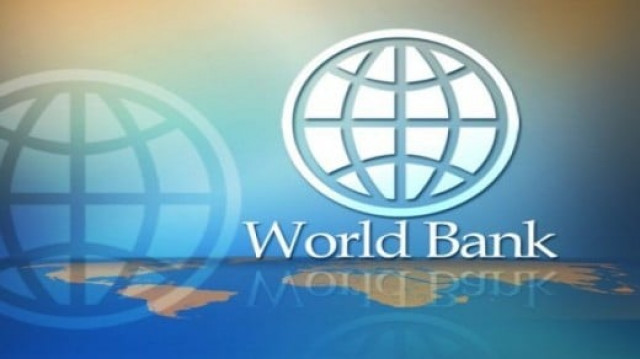World Bank approves $125m for Watan Cards
British government likely to approve another £60 million for the project.

Pakistan and the World Bank signed a $125 million loan agreement on Thursday for the Floods Emergency Cash Transfer project, money that is likely to be spent on the Watan Cards scheme, a government programme designed to provide compensation to households affected by the devastating 2010 summer floods.
The agreement, signed by Economic Affairs Secretary Wajid Rana and World Bank Country Director Rachid Benmessaoud, would also pave the way for release of a £60 million grant that the United Kingdom had announced for the Flood Emergency Cash programme, but had pegged to the release of the World Bank loan.
However, still there are hiccups in release of the World Bank loan as the disbursements would be made after completion of an ongoing cost-benefit analysis exercise, currently being completed at the provincial level.
“Certain actions are required to be implemented before the release of the money and the government hopes the process would be completed soon,” said Wajid Rana after the signing of the loan agreement.
To offset the economic impact of the 2010 floods, the government announced that it would give Rs100,000 in cash to each of the 1.6 million affected households under the Citizen Damages Compensation Programme. The total cost of the programme is Rs 160 billion. The federal government would bear Rs 48 billion out of the total cost.
Launched in September 2010, the government has given an initial tranche of Rs20,000 under the programme to flood victims in order to cover their immediate needs. The next phase, supported by the World Bank and the UK donation, will provide an additional payment of Rs40,000 to around 1.1 million of the most affected households.
Finance ministry sources told The Express Tribune that the United States would soon announce to release an amount of $190 million for the programme. The release agreement is expected to be signed early next week during a visit of high ranking official of the Obama Administration.
According to the World Bank website, the loan for the Flood Emergency Cash Transfer Project was designed to support the government of Pakistan’s Citizen’s Damage Compensation Program (CDCP) in providing cash transfers to more than one million flood-affected households.
The project will also strengthen the management of the CDPC through effective mechanisms to resolve grievances and establish control and accountability measures to ensure efficient and transparent delivery of the support, it added.
International donors have been reticent to release funding for several projects in Pakistan following the suspension of the International Monetary Fund’s $11.3 billion bailout programme in September 2010. The Washington-based lender has been reluctant to release the last tranches of its bailout after the government failed to take several key fiscal reforms.
The government has been trying to allay many of the IMF’s concerns in recent months with several politically unpopular but economically necessary decisions, such as deregulating much of the pricing in the energy sector and removing sales tax exemptions for several sectors.
International lenders and donor agencies appear to view these developments as a positive sign, though much depends on the government’s ability to pass the budget for fiscal year 2012 in the form proposed by the finance ministry.
Published in The Express Tribune, June 10th, 2011.



















COMMENTS
Comments are moderated and generally will be posted if they are on-topic and not abusive.
For more information, please see our Comments FAQ